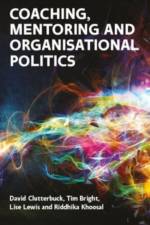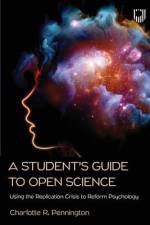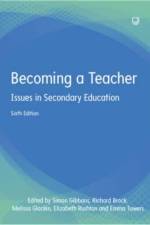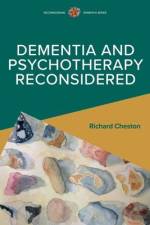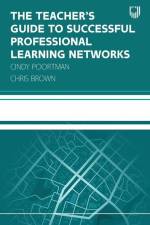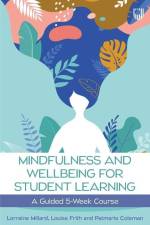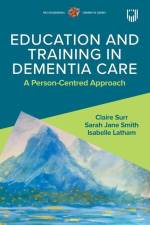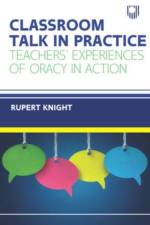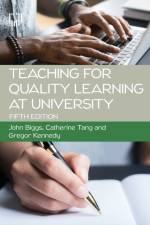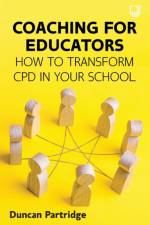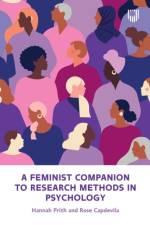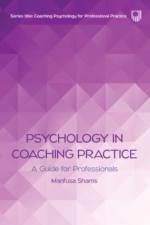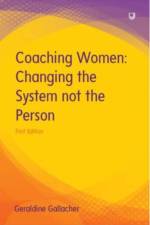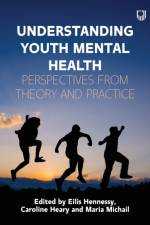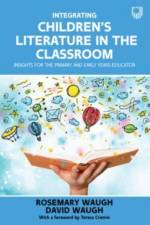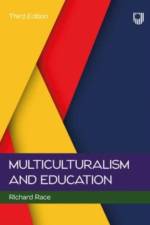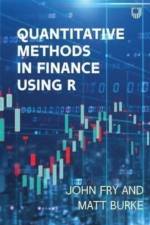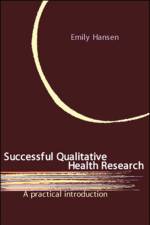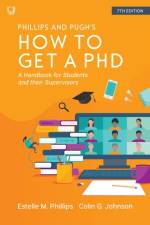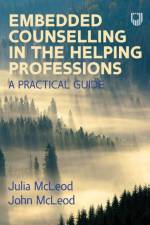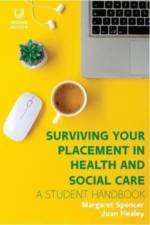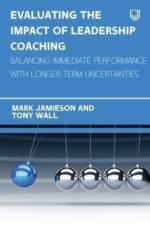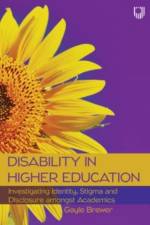av Simon Gibbons, Richard Brock, Melissa Glackin, m.fl.
489,-
"[E]ssential reading for anyone learning to be a teacher... This book will continue to be a core text on our ITE programmes."Rachele Newman. Director of Initial Teacher Education, University of Southampton, UK"A comprehensive 'must have' for every new teacher entering the profession: a wide variety of short chapters, packed full of key, research-evidenced ideas, brilliantly articulated by a team of expert authors... Fantastic!"Mark Winterbottom, Professor of Education, University of Cambridge, UK"The beauty of the book is that the authors do not attempt to simplify teaching, instead they celebrate and explore the complexities of being a teacher."Stefanie Sullivan, Deputy Head of School, Director of Initial Teacher Education, University of Nottingham, UKThis timely new edition remains the ultimate guide for students in the core areas of teaching policy, assessment and curriculum planning, while also covering the relevant issues facing educators and students today. Grounded in contemporary research and empirical evidence, Becoming a Teacher provides a critical yet accessible exploration of the complexities involved in starting a career in secondary education.New chapters include topics such as wellbeing and mental health, social justice, decolonising the curricula and how to develop teacher identity when starting a career. Themes such as digital pedagogy now run through the core of the book, reflecting the future of our education system. The book:-Supports students with a blend of theory and practical solutions -Integrates a wide range of issues, contexts and perspectives-Guides and encourages readers to reflect on their own learning and teaching-Covers practical classroom implementations, theoretical and empirical research, social and cultural dimensions and much moreBenefitting from the expertise of top academics in the education field while leaving room for the reader to engage with their own critical reflection, this book is essential for PGCE and Education students to gain a thorough understanding of the many facets of education as well as their own role as a teacher.Simon Gibbons is Senior Lecturer in English Education and Director of Teacher Education at King's College London, UK. He is a former chair of the National Association for the Teaching of English. Richard Brock is a Lecturer in Science Education at King's College London, UK. He taught secondary physics for many years in greater London and has also taught English in Japan and worked in special education.Melissa Glackin is Senior Lecturer in Science Education and the Director of the MA in STEM Education at King's College London, UK.Elizabeth Rushton is Head of Department of Curriculum, Pedagogy and Assessment at the Institute of Education, University College London, UK. She previously led the Geography PGCE at King's College London after having worked as a geography teacher and as Director of Evaluation for an education charity.Emma Towers is a Teaching Fellow in Education Policy at King's College London, UK. Before moving into higher education, she worked as a primary school teacher in London schools.


